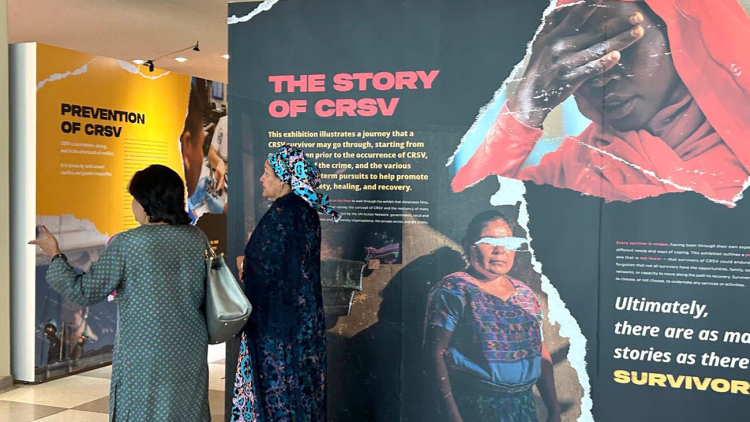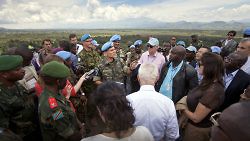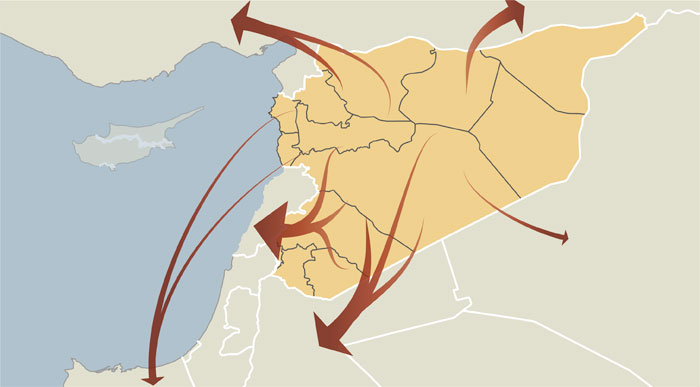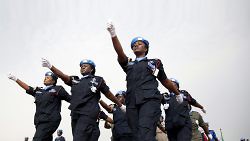Since the Security Council first recognized conflict-related sexual violence (CRSV) as a threat to international peace and security in 2008, the UN has developed an increasing number of pathways to prevent and respond to such crimes. One of these is the…
Read morePolicy Papers
Latest

In 2013
-

Though the conflict in Syria shows no signs of abating, and hopes for the Geneva II talks in January are dim, this paper argues it is never too early to start planning for peace. The paper examines three recent post-conflict transitions in the Middle East—Iraq, Lebanon, and Yemen—and draws lessons for Syria.
Read more -

A UN Security Council delegation visits the Democratic Republic of the Congo, October 6, 2013. UN Photo/Sylvain Liechti.[/caption] The Security Council issued 1,557 demands to conflict parties in civil wars in the 15 years following the end of the Cold War, through its resolutions. Based on a statistical analysis of IPI’s Security Council Compliance Database, […]
Read more -

In the past two decades, United Nations police have become an increasingly visible and important part of UN peacekeeping. As their roles have evolved from observing and reporting to training, reforming, operating alongside, and occasionally standing in for local police, the number of police required has also increased.
Read more -

As the situation in Syria continues to deteriorate, could the humanitarian crisis afflicting the country and its neighbors provide an entryway for regional cooperation? This policy paper examines how regional responses to humanitarian crises have succeeded or failed to meet humanitarian objectives in order to inform approaches to contemporary crises.
Read more -

A new IPI paper examines the United Nations’ and member states’ efforts to train UN peacekeepers. The success or failure of a UN peacekeeping operation is partly determined by the effectiveness of its individual peacekeepers. Yet, the UN’s training strategy for peacekeepers remains at an embryonic stage.
Read more







